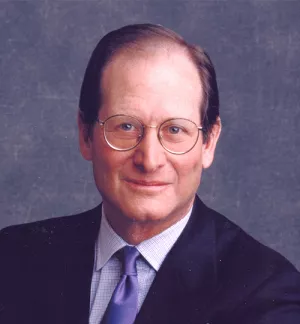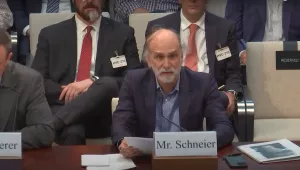Will a brand new Supreme Court justice appointed by President Obama influence Justice Anthony Kennedy on fundamental questions of constitutional law?
That simple question summarizes the current dynamic of the Supreme Court---and the answer is "very unlikely." The four person "conservative" bloc---Chief Justice Roberts and Justices Alito, Scalia and Thomas---have strong views about most constitutional issues and are likely to be around for years to come. Justice Scalia (73 years old, serving since 1986) and Justice Thomas (60 years old, serving since 1991) have well-developed approaches based on two decades (plus or minus) at the Court. The Chief Justice (54 years old, serving since 2005) and Justice Alito (59 years old, serving since 2006) have already demonstrated strong conservative tendencies, which are consistent with their professional careers.
It is hard to imagine (!!!) the junior justice popping in to Justice Scalia's chambers to lobby for a position on an important case---or sending a personal note or memorandum.
Justice Kennedy (72 years old, serving since 1988) has, of course, been the swing vote in recent years on many of the most important constitutional cases. Given his age---and the ages of the more "conservative" justices---this is likely to continue for a decade or more. And, again, it is hard to imagine a junior justice with no Supreme Court experience influencing, in the near term, a jurist who, with 20 plus years of service, relishes his decisive role and marches to his own drummer.
So, the junior justice should be appointed for the long haul. This means the person should be chosen for the power of her mind, rather than her political skills.
Judgment, experience, integrity, analytic ability, eloquence---and, ultimately, wisdom--should be the touchstones. The junior justice will have many years to wrestle with hard constitutional cases, the construction of vague and contradictory statutes and complex, technical issues in seminal administrative law cases. Over time, Justice Stevens (89 years old, serving since 1975) and Justice Ginsburg (76 years old, serving since 1993) will retire, and the junior justice will grow into a leader of the more "liberal" wing, along with an aging Justice Breyer (70 years old, serving since 1995).
Of course, the junior justice should be collegial and capable of forging friendships and respectful personal relationships. And, even in early years, the junior justice may have an important role when the court splinters into smaller groups on hard issues as happens on occasion.
But ultimate leadership for the junior justice is most likely to come from a career at the Supreme Court rendering powerful, persuasive opinions arising from the cases before her----and from a change in the make-up of the Court which moves Justice Kennedy from his swing position and which may be a long time coming.
Heineman, Ben. “The Junior Justice.” On Leadership at washingtonpost.com, May 18, 2009




